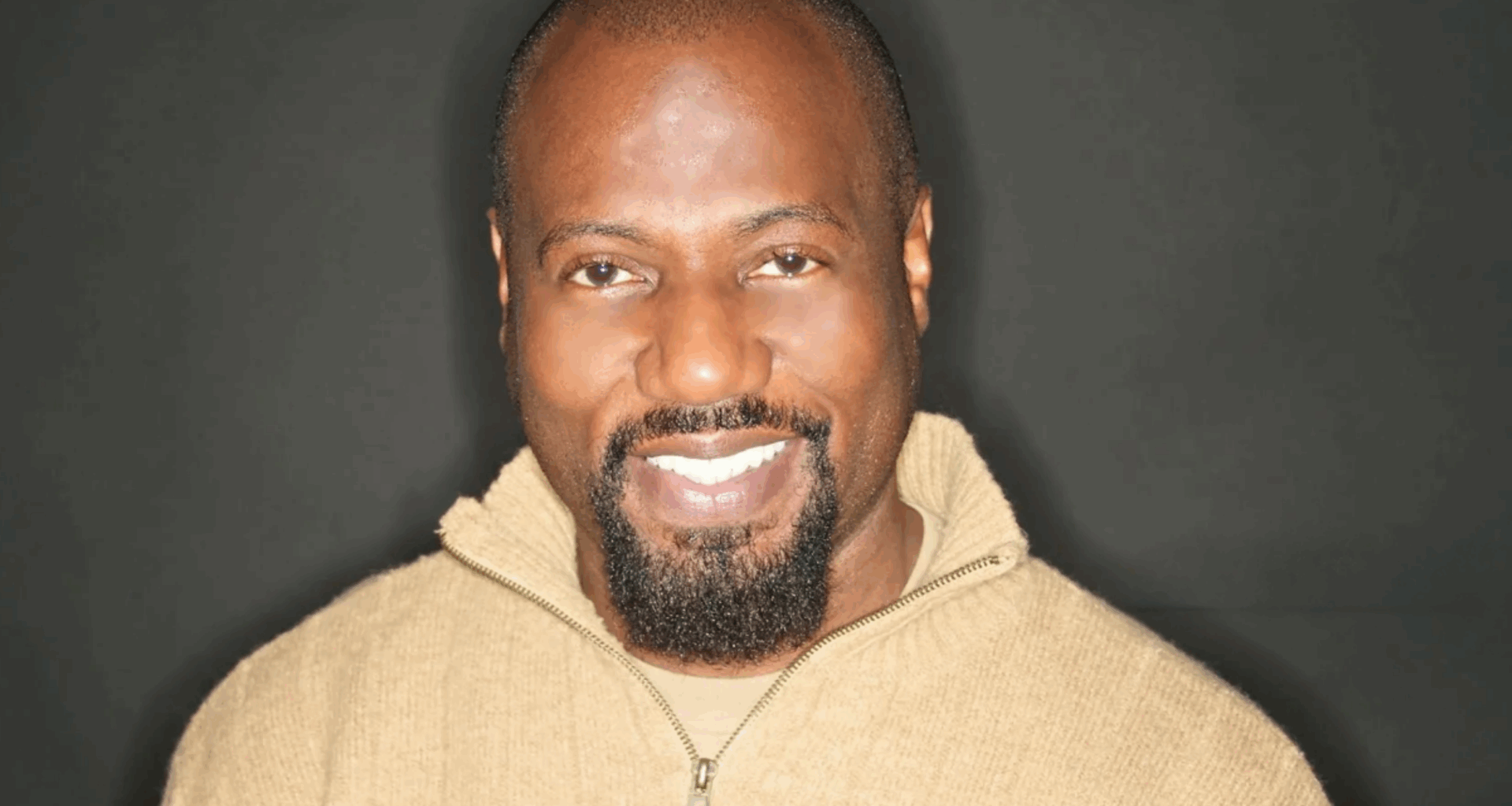Jemal McNeil, director of Soul Rep Theatre’s production of King Hedley II, wanted the characters in the play to be more than stereotypes.
RICH LOPEZ | Staff Writer
Rich@DallasVoice.com
This week Soul Rep Theatre Company opens its 2025/26 season with the North Texas premiere of August Wilson’s play, King Hedley II. The season opener is part of Wilson’s American Century Cycle and is chapter eight of 10 plays that relate the African-American experience, with each play representing a specific decade.
Hedley takes place in the 1980s, and, for its director, Jemal McNeil, that is a time he was quite familiar with.
“I grew up in the ’70s and ’80s, and in those days, the urban neighborhoods were poor but very diverse,” said McNeil. “Crack was introduced into those communities and decimated them, and this play deals with that struggle.”
McNeil, 56, added that while Hedley focuses on that wave of both spreading addiction and spreading crime, thematically the play centers on manhood and the relationships between fathers and sons.
“For guys, this piece will hit in that sense universally. And we all definitely have had our own daddy issues,” he said with a wink and nod to the notion of queer men and their own relationships with their fathers.
 Soul Rep Theatre’s production of King Hedley II features Jamal Sterling (top), Brian Gipson (center) and Olivia Lewis.
Soul Rep Theatre’s production of King Hedley II features Jamal Sterling (top), Brian Gipson (center) and Olivia Lewis.
King Hedley II, a co-production of Soul Rep Theatre and Bishop Arts Theatre Center, opened Thursday, Oct. 9, and runs through Oct. 26 at BATC.
McNeil identifies as bi, but upon coming out at 19, he struggled a bit with his own vocabulary on the subject and the anxiety of coming out to his parents.
“I come from a military family, and the men in my family were very masculine and alpha types, so I was nervous,” he said. “But I was also very fortunate. They were progressive types. My mother was a child psychologist, and my dad was an engineer. But still, I was nervous about him knowing.
“But they were always loving, and my dad’s met about everyone I’ve ever dated!”
At the time, McNeil just figured he was gay but still liked women. He was also coming out at a time where bisexuality felt a bit on the outskirts of gay and lesbian identities.
While there aren’t distinct queer parallels in the play, identity is crucial to the story. The director has examined that with his cast in Wilson’s story. What he’s discovered is how universal the quest for identity is.
Even with a broader spectrum of identities and orientations, McNeil said he has found that “That journey into manhood is still the same, and I think the world today is problematic because of that.
“Men are urged to be feared or respected,” he continued. I think when we’re younger, fear makes us brash, where later in life, respect is most important. But these black and white areas are also the problem that shows up in the world. I think it’s also a certain urban ’hood mentality as well, so it’s not just in our own space but out in the world,” he said.
McNeil recognizes the current political climate’s dangerous reflection of the mid-1980s, an era when Ronald Reagan served as the Republican president. The parallels between then and now are not lost on him.
He said, “The character speaks about the world splitting in two, so it’s almost prophetic. We are seeing the effects of that time and the fruition of that mindset, today.”
What McNeil wanted to do with this show was display Black men as fully realized characters and not how they were seen back then through stereotypes. The characters, familiar from his childhood, knew McNeil to be “funny,” but his actual “hood experience” diverged significantly from the usual media portrayals.
McNeil emphasized the need to humanize the characters, stating, “I wanted to make sure these guys were more than what people saw them as. They were always looked at as dangerous or violent, when that is no less true for white men.
“I need to humanize these men, because they were my men. I knew how complex and kind these guys could be,” he added. “I think what’s important for me with these characters is to be reminded that we are not a product of our color, but a product of our environment.”
For tickets, visit SoulRep.org.
Related
